Peg Dawson – Smart but Scattered Adults: Manage ADHD by Targeting Executive Skills
$200 Original price was: $200.$76Current price is: $76.
Shopping Instructions:
- DISCOUNT 15% : SHOP15
- Product Delivery: Within 1 – 12 hours after purchase.
Peg Dawson – Smart but Scattered Adults: Manage ADHD by Targeting Executive Skills
Sale Page : -/-
Description:
Strategies to improve the ability of adults with ADHD to:
- Get organized
- Manage time
- Control emotions
- Avoid procrastination
- Stay focused
- Control impulses
- Shift gears/roll with the punches
- Keep track of it all
Many adults with ADHD fail to finish college, hold down a job, progress in their career, or maintain satisfactory relationships with friends and family. Failure and the recognition that they are working well below their potential erode self-confidence, and eat away at self-esteem.
Even highly motivated clients with ADHD struggle to follow through on the changes they need to make to improve their physical or emotional well-being. They know they need to change, they know what they need to do to change, they may even be able to take a step or two toward making those changes—and then they plateau or give up. What’s getting in the way is not their unwillingness or resistance to change, but weak executive skills.
Executive skills are underlying brain processes that help people manage their everyday lives, get things done, control their emotions, and help them manage obstacles that interfere with productivity and behavior change. Watch this seminar and learn cutting-edge neuroscience on executive functioning and practical strategies for your ADHD clients to help them overcome the obstacles presented by weak executive skills. At the end you will be able to best help your clients assess their executive skill strengths and weaknesses and create an action plan that is realistic and leads to true and lasting change.
- Outline the key role executive skills play in understanding adults with ADHD.
- Compare and contrast assessment tools to determine clients’ profiles of executive skill strengths and weaknesses.
- Communicate with clients on the best way to restructure their environment to reduce the impact of weak executive skills.
- Build a realistic change plan that enables ADHD clients to improve executive skills in situations and settings they identify as problematic.
- Discuss effective strategies ADHD clients can use to cope with executive skill challenges in the workplace, the home and in relationships.
- Identify tools to enhance 12 executive skill domains.
The Executive in the Brain
- How the brain’s “control center” governs executive skills
- The impact of ADHD on frontal lobe functioning
- How effective behavior change revolves around executive skills
Assessment tools
- Executive Skills Questionnaire—a rating scale to help clients determine their executive skill strengths and weaknesses
- Workplace assessment tools to help clients better use their executive skill strengths and minimize the impact of their weaknesses
- Home management tools to help clients understand why they avoid some chores like the plague—and what to do about it!
- A rating scale to help partners understand each other’s profile and the impact of profile differences on relationships
The Impact of Executive Skills in the Daily Life of Adults with ADHD
- Executive skills in the workplace
- Goodness of fit between executive skills profile and the job
- Maximizing executive skill strengths
- Managing weaknesses
- Creating an action plan
- Executive skills in the home
- The concept of “effortful work”
- Matching executive skills profiles to appropriate tasks
- Effective roles for family members living with adults with ADHD
- Executive skills in relationships
- How the executive skills profiles of adults with ADHD affect those they live with
- The impact of mismatches and different executive skills profiles on relationships
- Tips for working with couples where one partner has ADHD
Key Strategies to Help ADHD Clients Cope with Weak Executive Skills
- Environmental modifications to reduce the impact of executive skill challenges
- Change the physical or social environment
- Modify tasks to make them more do-able
- Enlist the help of others
Strategies for Improving Executive Skills
- In the workplace
- 12 executive skills that impact productivity and behavior change
- Make a SMART goal
- Using a deadline
- Make a plan
- The importance of clear start dates
- Using technology to support behavior change
- In the home
- Find logical ways to share the work load
- Understand the start point
- Start small, build incrementally
- Practice, practice, practice
- Using visible reminders
- Motivators
- In relationships
- How different profiles signal tension points in relationships
- Keys to resolving conflicts arising from executive skill differences
- The liberal use of humor, patience, forgiveness, negotiation
- Using self-talk to motivate, problem solve and persist
- The power of positivity
Please kindly contact us if you need proof of item.Find out more Personal Development Courses at here !!!
1 review for Peg Dawson – Smart but Scattered Adults: Manage ADHD by Targeting Executive Skills
Add a review Cancel reply
Related products
HEALTH & MEDICAL
HEALTH & MEDICAL
Bernadette Giorgi – Attitude Ballet & Pilates Fusion – Just B Method
HEALTH & MEDICAL
HEALTH & MEDICAL
Gaia—Creating-High-Voltage-Health-with-Glenn-Streeter-Open-Minds
HEALTH & MEDICAL
Dr Heidi M Crocker – Yoga Alignment | Speaker: Heidi Crocker EdD, DC
HEALTH & MEDICAL
Dr. J.E. Williams & Kevin Gianni – How to Read Your Blood Tests



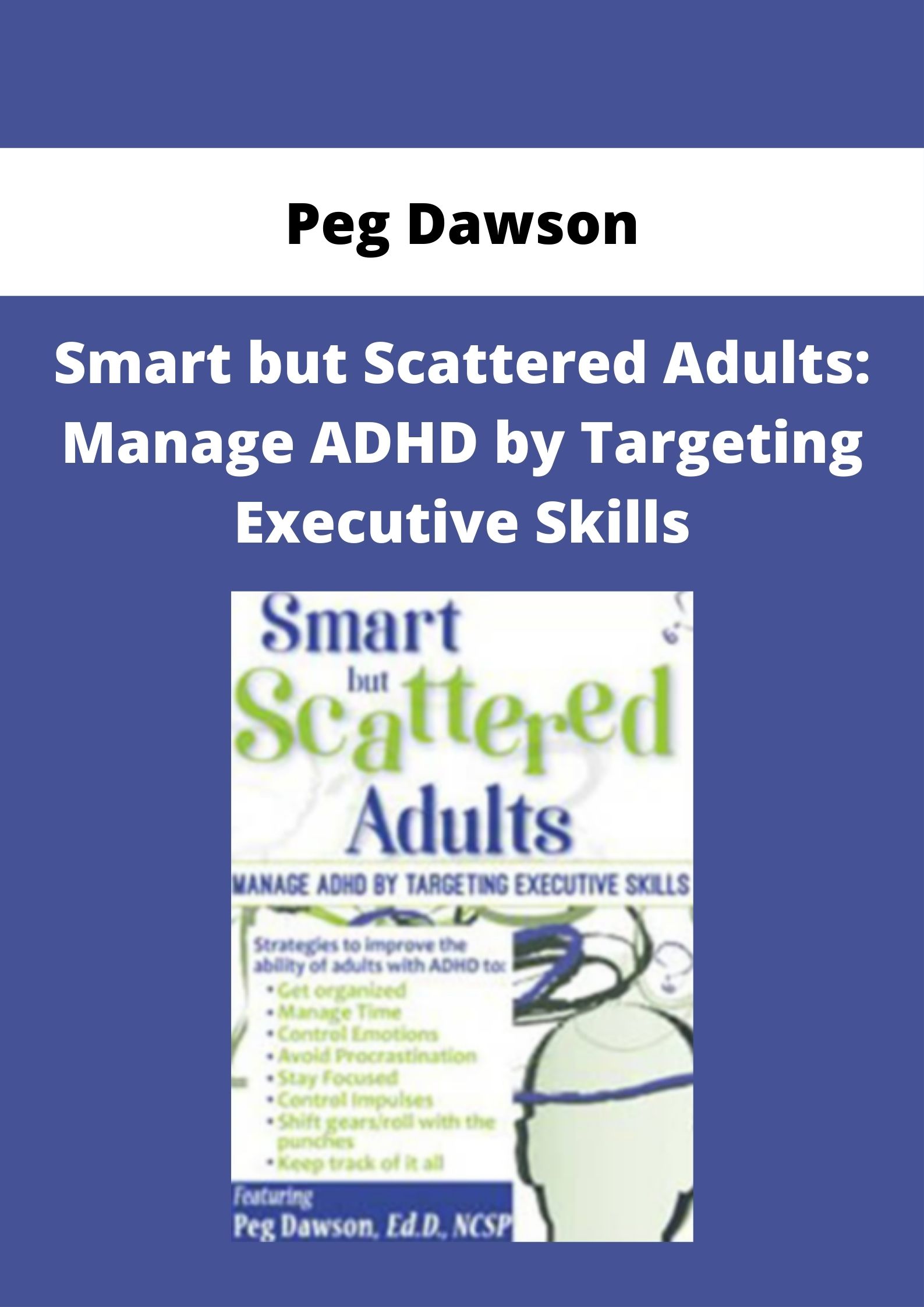
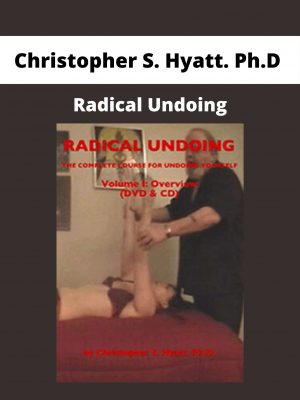

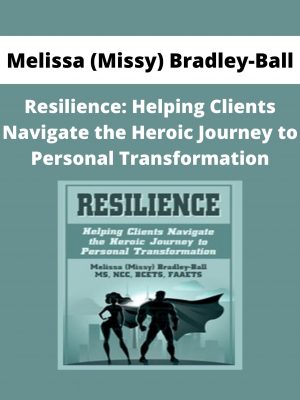
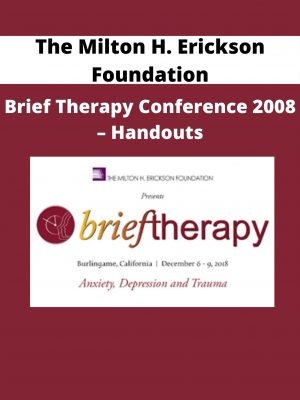


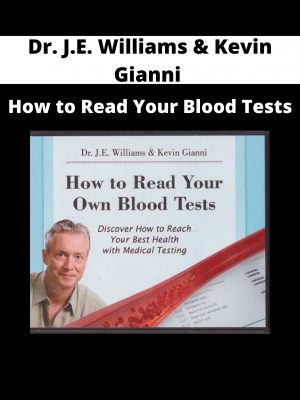

Jacynthe Lynch –
Very pleased | Peg Dawson – Smart but Scattered Adults: Manage ADHD by Targeting Executive Skills